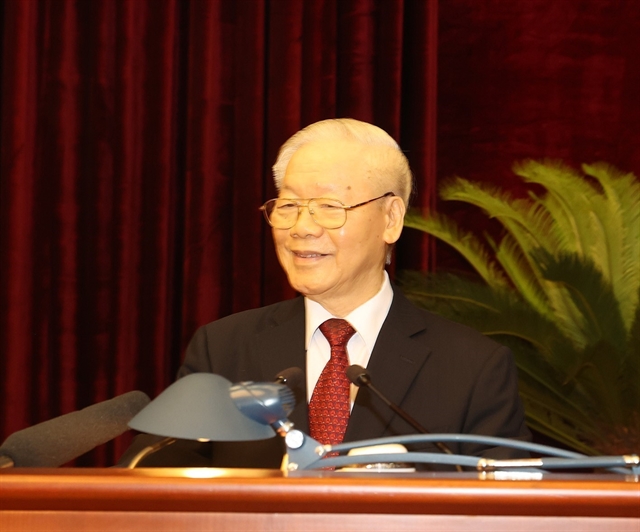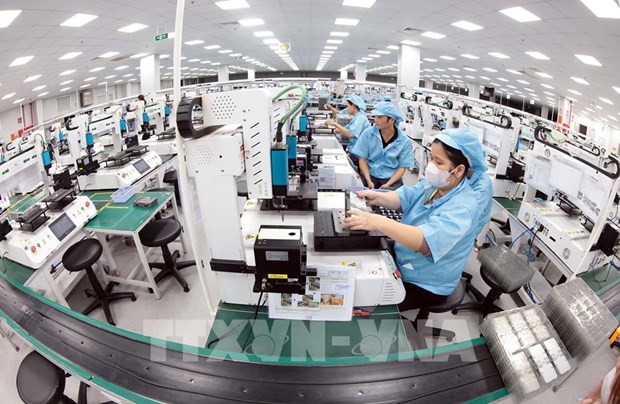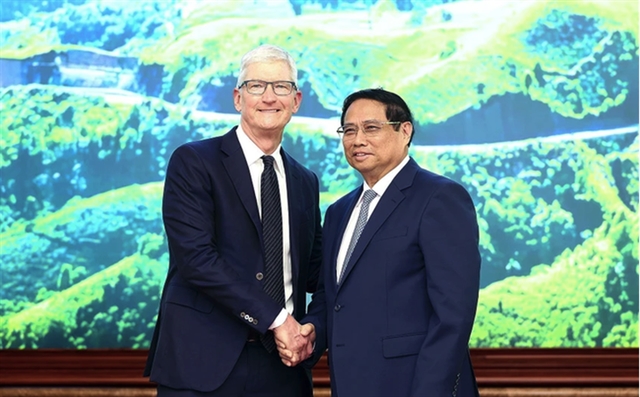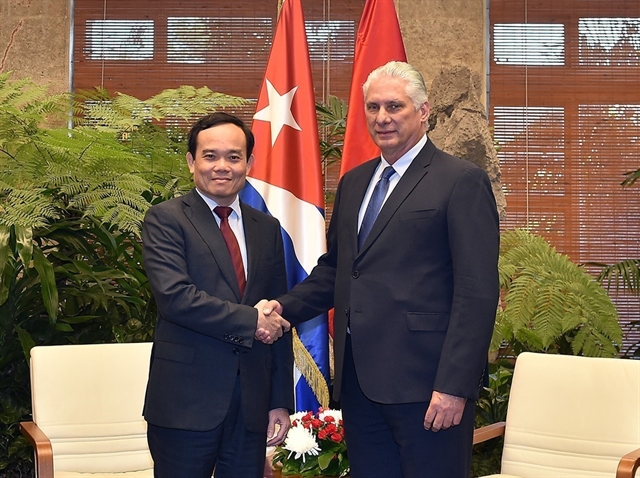 Society
Society
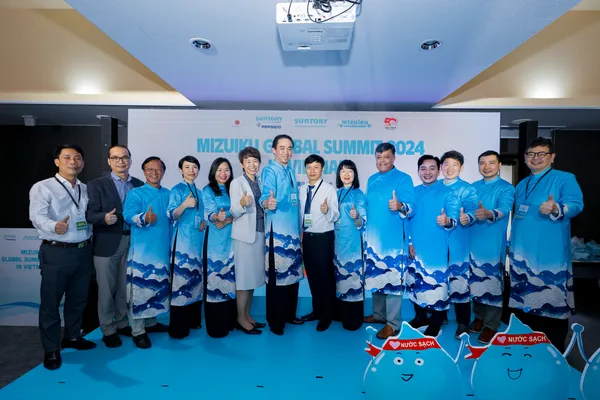
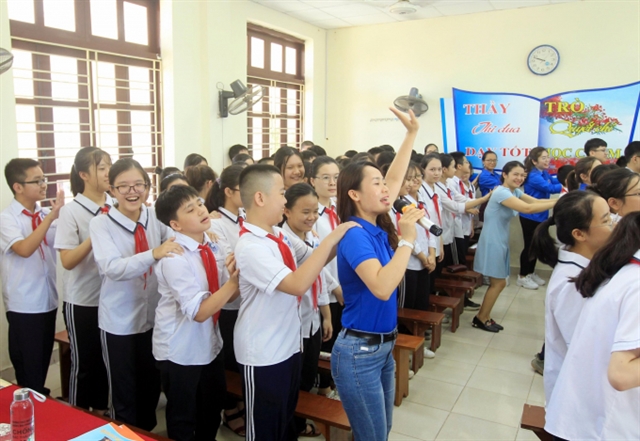
|
| Young journalists of the VNA organise games during a training session "Say No to Fake News" in the northern port city of Hải Phòng. — VNA/VNS Photo An Hiếu |
HÀ NỘI — Vietnam News Agency (VNA)'s anti-fake news project has won the Gold Prize in the Best Project for News Literacy category within the framework of WAN-IFRA’s Digital Media Asia Conference 2020.
The online awards ceremony was held on Thursday afternoon.
It is the third time the VNA has received an international award following recognition of RapNewsPlus that combined news with rap music in 2014, and a chatbot product to automatically interact with e-newspaper readers in 2019.
The third award is for community-oriented products that increase awareness and understanding of how to prevent fake news - a problem globally and also in Việt Nam.
The project, called "The fight against fake news - Innovative ideas and effective solutions", includes three components: an anti-fake news song in 15 languages, a Factcheckvn account on TikTok aimed at young people, and a project "Say No to Fake News" to train students how to prevent fake news from elementary to high school. The programme has been implemented in provinces and cities nationwide.
Lê Quốc Minh, deputy director of the VNA, said that the VNA was the leading press agency in Việt Nam in the fight against fake news.
“We mentioned this issue quite early, from around 2015-16, through many articles giving guidance on how to detect fake news and speeches at press-media conferences at a time when few people cared about it and did not really understand fake news, and even disregarded it,” he said.
The VNA has stated that fake news will thrive if no effective measures are taken, causing terrible harm to society, especially as technology develops so quickly. People can even use artificial intelligence to produce and distribute fake news on a scale many times larger than humans.
“Although there are many information products and a large team of reporters and editors, we are always anxious to find various measures in the fight against fake news, including co-operating with companies, partner news agencies and technology firms,” he said.
“We know that fighting fake news is incredibly difficult in today's digital age, but it's just as effective as posting accurate, fair and balanced information - the core principles of the press,” said Minh. — VNS




.jpg)
